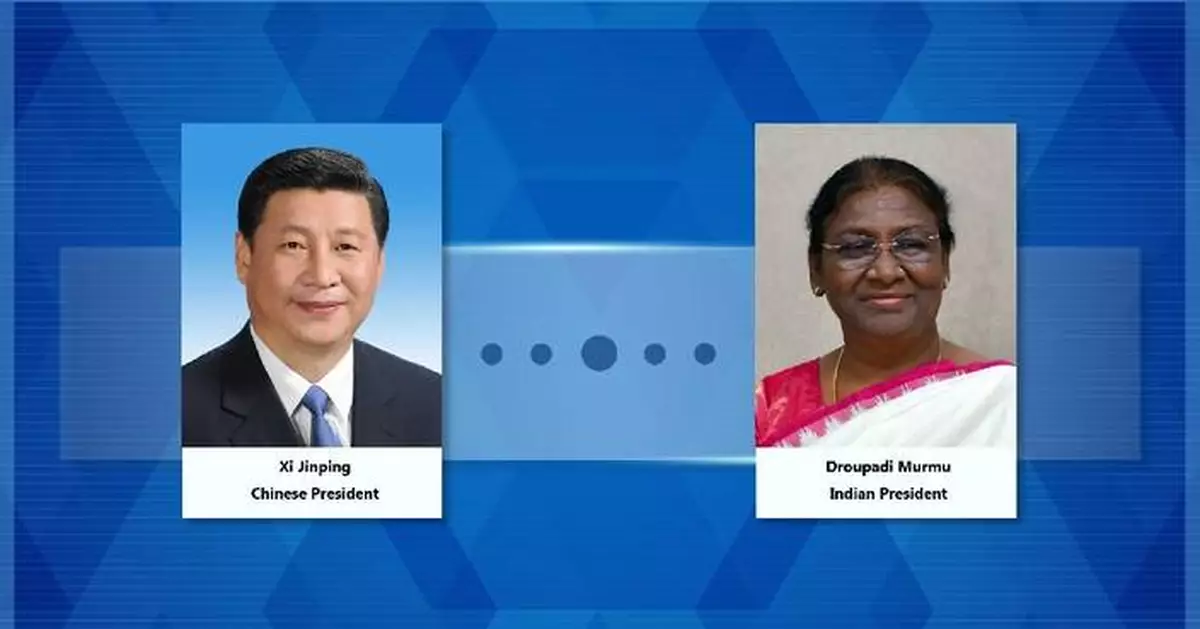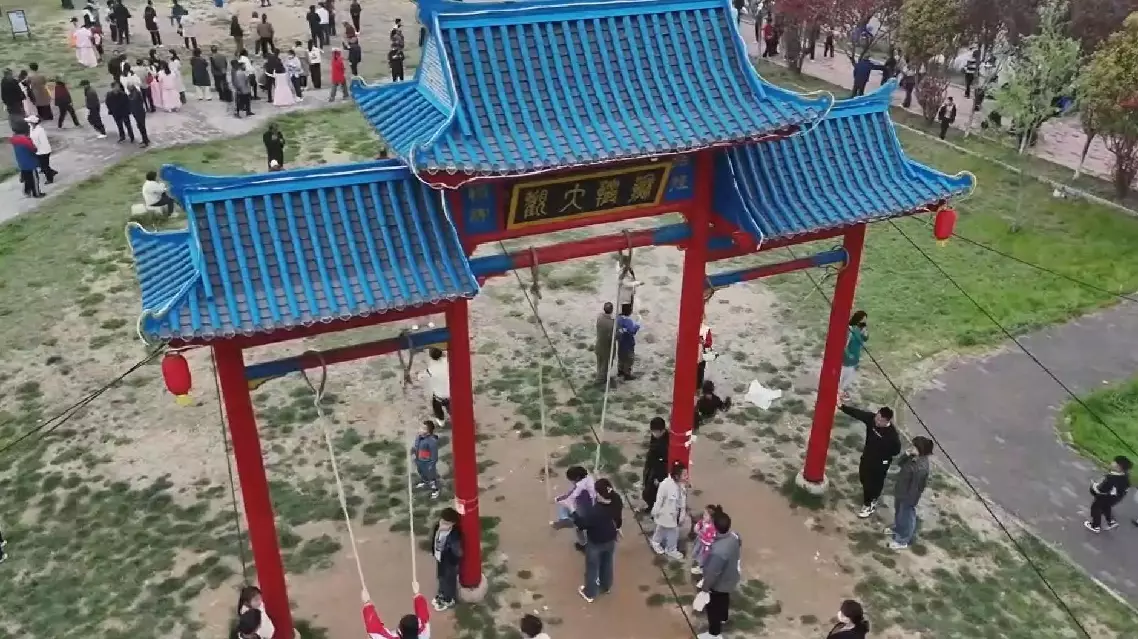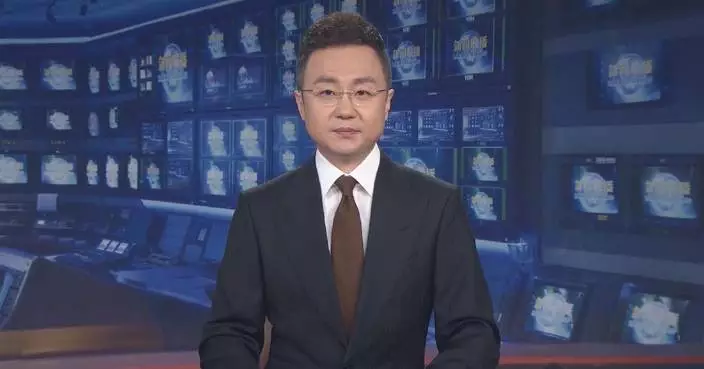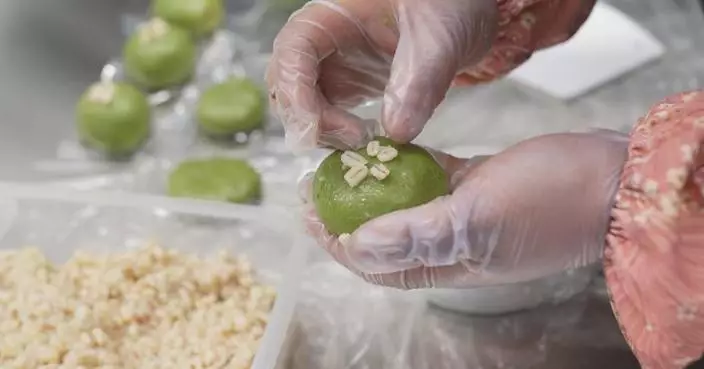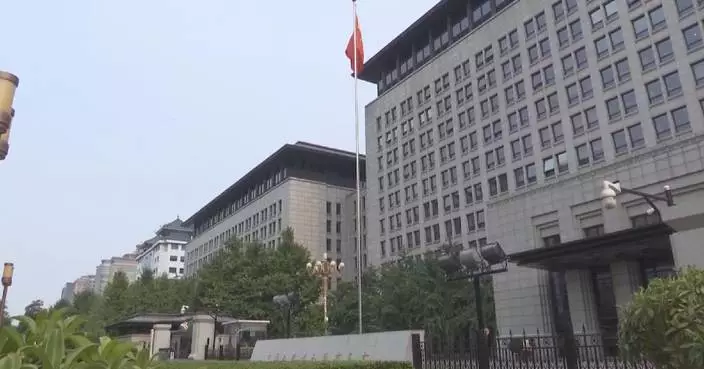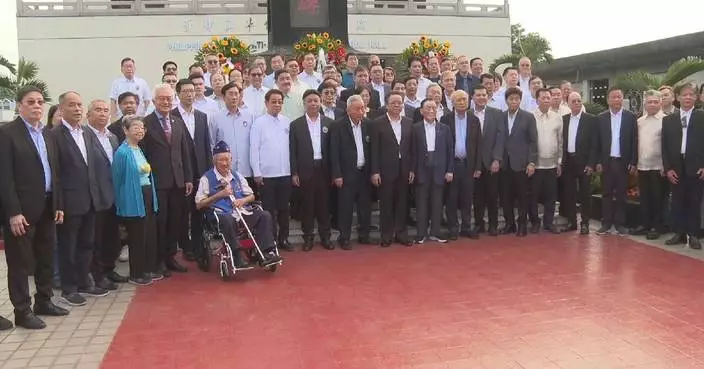Chinese President Xi Jinping and Indian President Droupadi Murmu on Tuesday exchanged congratulatory messages on the 75th anniversary of diplomatic relations between the two countries.
China and India, Xi said, both ancient civilizations, major developing countries and important members of the "Global South," are both at a critical stage of their respective modernization efforts.
The development of China-India relations demonstrates that it is the right choice for China and India to be partners of mutual achievement and realize the "Dragon-Elephant Tango," which fully serves the fundamental interests of both countries and their peoples, Xi said.
He called on both sides to view and handle bilateral relations from a strategic height and long-term perspective, seek a way, which features peaceful coexistence, mutual trust, mutual benefit and common development, for neighboring major countries to get along with each other, and jointly promote a multi-polar world and greater democracy in international relations.
Xi also said he stands ready to work with Murmu to take the anniversary of ties as an opportunity to enhance strategic mutual trust, strengthen exchanges and cooperation in various fields, deepen communication and coordination in major international affairs, jointly safeguard peace and tranquility in the China-India border area, push forward a sound and steady development of bilateral relations and contribute to world peace and prosperity.
For her part, Murmu said India and China are two major neighboring countries that are home to one-third of the world's population, noting that a stable, predictable and friendly bilateral relationship will benefit both countries and the world.
She proposed to take the 75th anniversary of diplomatic ties as an opportunity to jointly promote the sound and steady development of India-China relations.
On the same day, Chinese Premier Li Qiang exchanged congratulatory messages with Indian Prime Minister Narendra Modi.
China is ready to work with India to take the opportunity of the 75th anniversary of the establishment of diplomatic ties to continuously enhance strategic mutual trust, promote exchanges and cooperation in various fields, properly handle the boundary question, push forward the sound and stable development of bilateral relations, to bring more benefits to the two peoples, Li said.
For his part, Modi said that India and China, as two ancient civilizations, have played an important role in shaping the course of human history, and now shoulder the heavy responsibility of promoting peace and development.
The development of India-China relations is not only conducive to the prosperity and stability of the world, but also conducive to the realization of a multi-polar world, Modi noted, adding that the 75th anniversary of the establishment of diplomatic ties between India and China will usher the bilateral relations into a stage of sound and stable development.
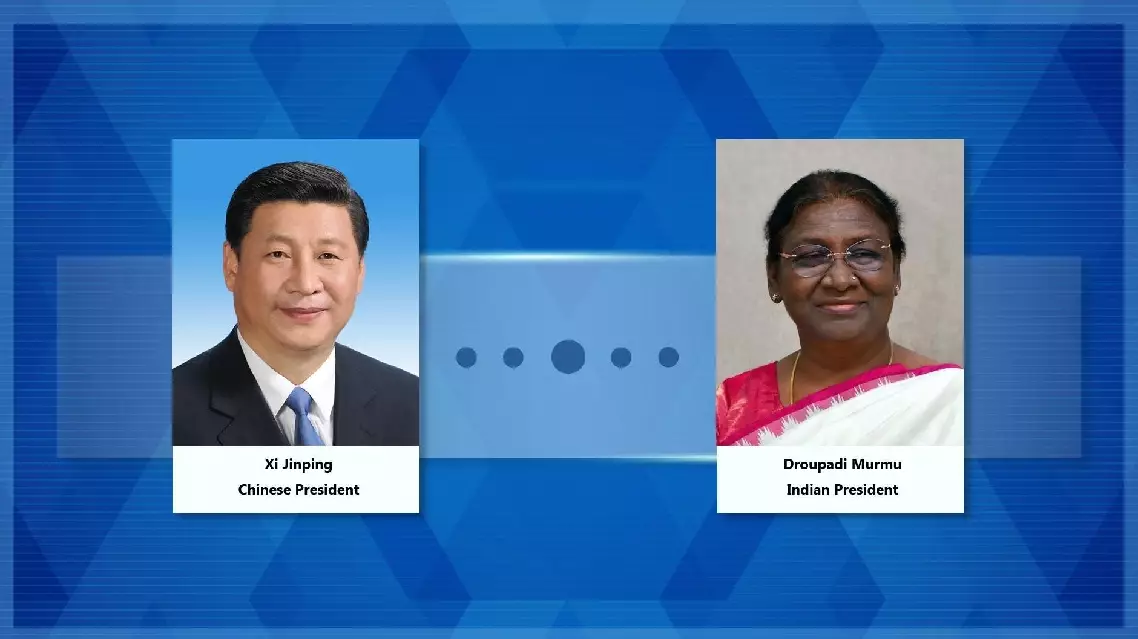
Xi, Indian president exchange congratulations on 75th anniversary of ties
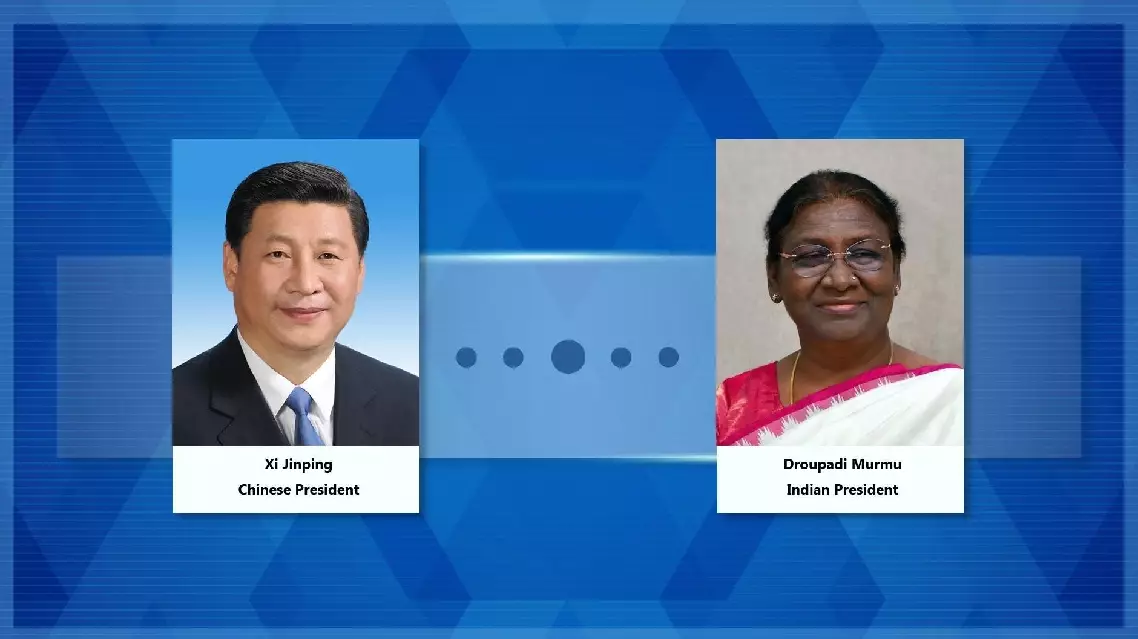
Xi, Indian president exchange congratulations on 75th anniversary of ties


